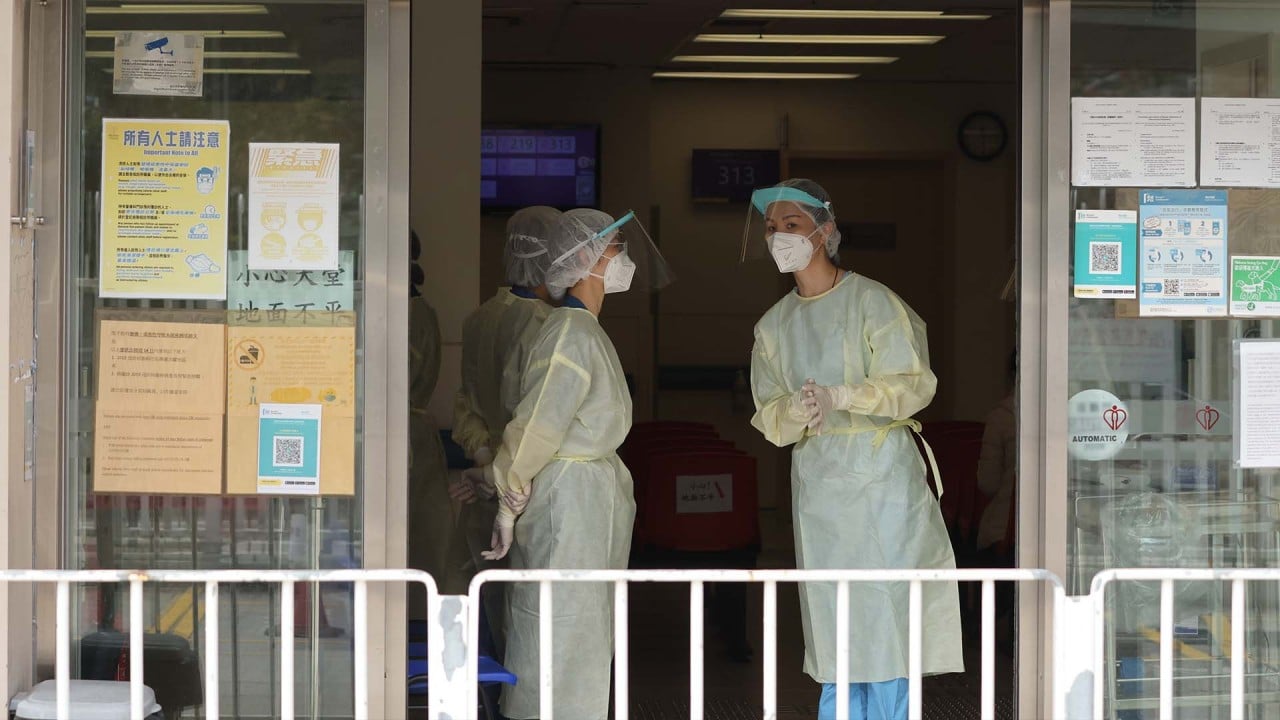
Hong Kong must accept its Covid-19 setbacks and get on with the job of overcoming the pandemic
- No response has been perfect, but while Hong Kong once led the way in containing Covid-19, it now trails far behind other major economies in its vaccination rate
- Despite the challenge, it’s up to us to find a balanced approach that does the least damage to lives, jobs, mental health, industry and reputation
Things may never get back to normal. This pandemic has long-term consequences for travel, trade and traditional behaviours. There is talk of producing goods and services more locally as disruptions to global supply chains in a “just in time” system have laid bare their weaknesses. More self-reliance and self-sufficiency is getting traction.

Having seen other parts of the world hit by major successive Covid-19 waves since December 2020, Hong Kong has experienced mere ripples on a pond. Perhaps this sowed a sense of complacency that is coming home to roost.
Hindsight is all very well, expressed in terms of how we should have done this or that. But very few countries have come out of this unparalleled threat with an ideal response. One only has to look at infection and death rates by country or region to notice stark differences in two-year infection trajectories. We have been lucky till now.
Germany, with a much larger population, has recorded 122,000 deaths. Its death rate per capita is 62 per cent of that in the UK – a stark difference for two rich countries.
To offer a local perspective, even as deaths mount rapidly, Hong Kong is still ranked at a lowly 141 out of 226 territories in Covid-19 mortality stakes, with 87 deaths per million people. Mainland China is the big stand-out, given its population of 1.4 billion, with deaths at three per million; it is a remarkable statistic given the virus likely originated in Wuhan. It speaks to the use of powerful state tools to enact robust containment policies, effective but difficult to implement elsewhere, including Hong Kong.
These wide-ranging pandemic experiences reveal delays, confusion, lack of timely action, poor use of data, politics and the malaise of complacency, while also demonstrating, in examples like New Zealand and China, the power of local action.
Our city must now consider carefully the robustness and effectiveness of its own policies. There are multiple dilemmas, pressures and vested interests to address with no easy answers.
Testing times, but Hong Kong needs a Covid-19 strategy that is sustainable

Persuasion the lasting answer to vaccine resistance
We need a balanced approach that does the least damage to lives, jobs, mental health, industry and reputation.
I hope our leaders will have the wisdom, foresight and science-guided sense to navigate a clear path out of this pandemic. One that leaves us perhaps battered and bruised, but ready, willing and still able to pick ourselves up, reclaim our place as “Asia’s world city” and retain our status as a global fintech and smart city hub that invests in its young people, protects the vulnerable and respects its institutions.
Quentin Parker is a professor in the Faculty of Science at the University of Hong Kong and the director of its Laboratory for Space Research


